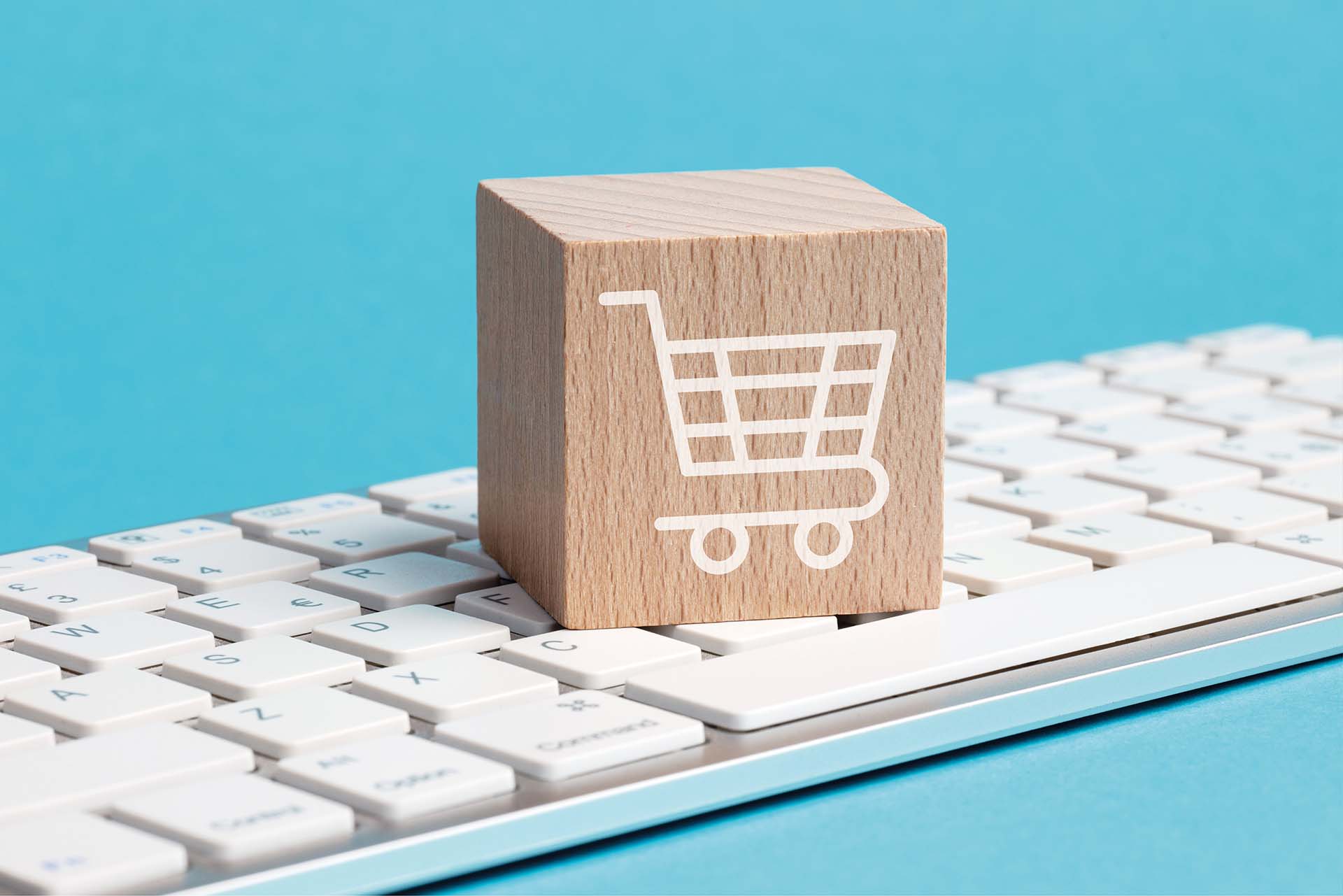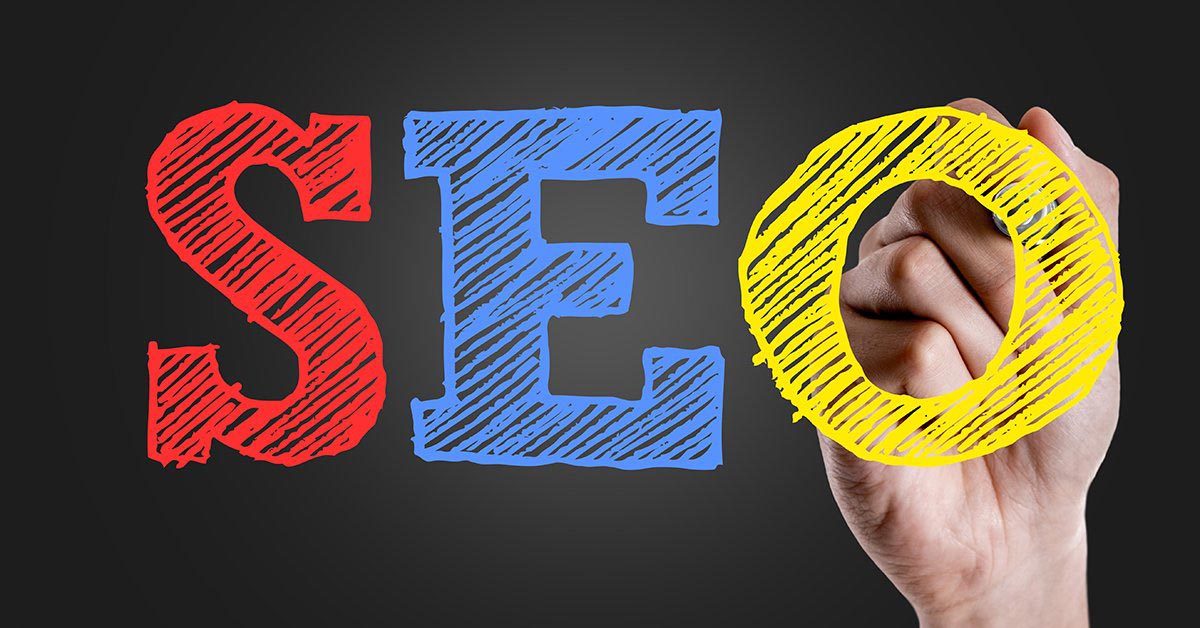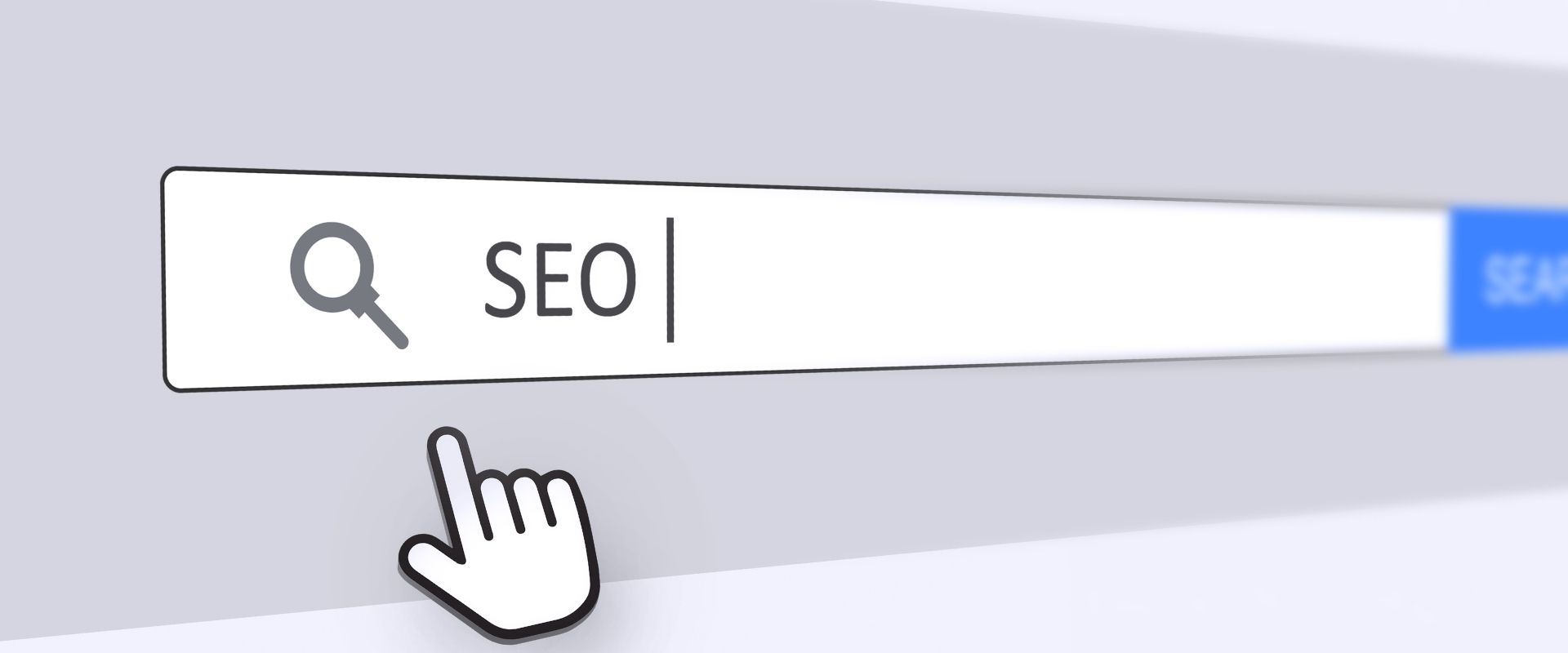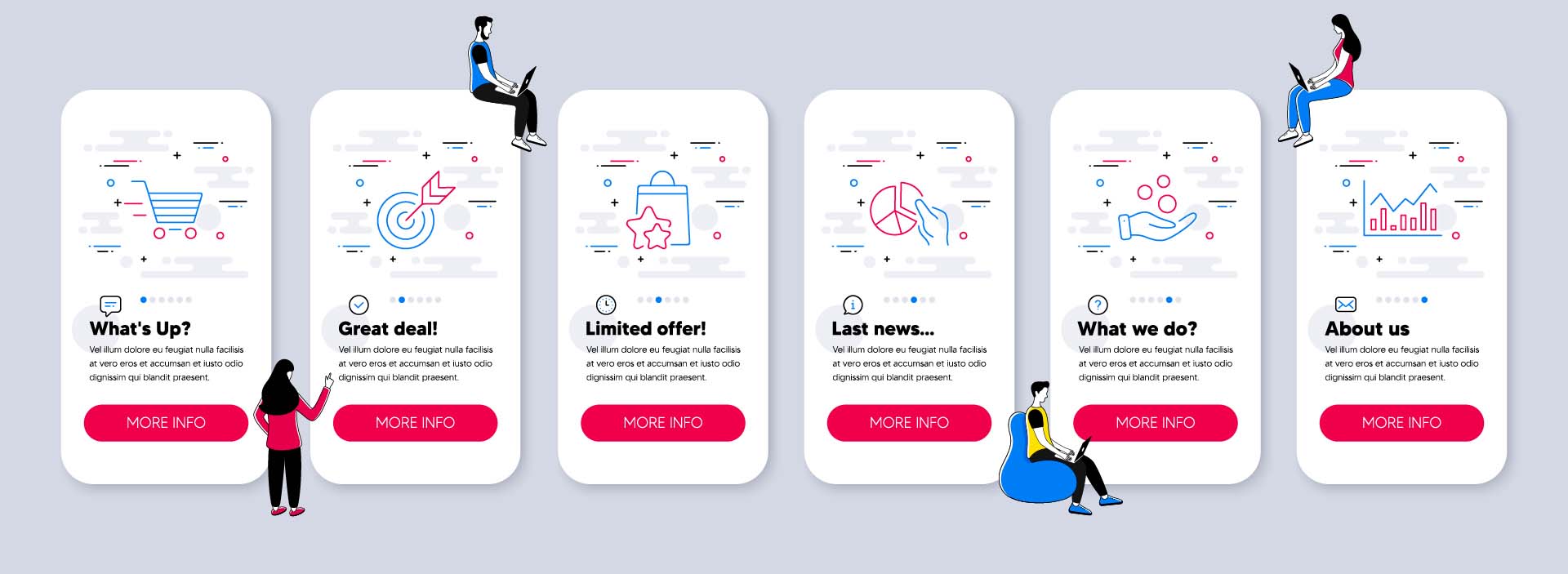Starting an eCommerce business can be a daunting task, especially if your particular market is over-saturated, but with what there is to be gained from stepping forth into the wonderful world of eCommerce, don’t let it deter you. Earlier, it was reported that eCommerce sales were on track to hit $4.2 trillion in sales, with no sign of slowing down, as 9% of U.S. consumers and 15% of U.K. consumers had never purchased anything online pre-March 2020.
The large new base of online consumers, ushered in by the pandemic, look to be here to stay, as Euromonitor estimate that 17% of goods will be purchased online in 2021, as opposed to half of that in 2016. NASDAQ have projected that by the year 2040, as much as 95% of shopping will be facilitated by e-commerce.
With these large ‘post’-pandemic eCommerce growth spurts, it is important to get involved as soon as possible, but to also make sure that your business has the correct logistics, digital marketing strategy and product delivery to keep up with what is expected of your business by online customers in 2021/2022. Or better yet, keep up with the increased expectations from both customers and search engines.
This is what 2022 for anyone starting (or running) an eCommerce business is going to be all about – increased expectations. Does that change anything in the way I should, e.g. brand my products or build a website in 2022? Well it changes everything – and nothing at the same time.
Rules of the games have been here ever-since eCommerce first emerged. Customers still want the seamless purchase experience, fast delivery, and the very best product. Just that now if you don’t deliver those three – someone else will. Competition made that possible for the end user and mistakes are no longer easily forgiven as they were 10 years ago.
Finding Your Product
Think your shower idea is unique and no one else so far though of it? Think twice. Today you no longer need a big corporation behind you to support your research and provide funding. Thousands of people are launching new products every day. This means that you have to do your due diligence carefully.
If you are at the stage where you haven’t yet decided what your product will be, it can be helpful to think of an issue that needs to be solved and to then work backwards in terms of figuring out which products may help to solve the problem at hand. This can be everything from decided to stock anti-freeze and de-icer in the winter, to looking at general consumer trends and what people are looking to counter the issue that they are facing with.
Now that plenty of people are working from home, in a post-pandemic world, more people are looking to create enjoyable home working environments and to buy items that may facilitate this. Subreddits and other forums can also help you to get a handle on what people are wanting in the current times, and what is trending.
Any products that are either large, or heavy (or both) are worth crossing off your eCommerce list, as well as fragile items that may break in transit, leading to loss of stock in replacements/refunds. Perishable products as well as those that have too much in the way of red tape and regulations are also worth crossing off.
The next step is to research how much market demand there is and how other ventures, typical of your own, tend to do within the eCommerce market.
Use websites like BuzzSumo to get a sense of whether your product is being talked about, and, if so, to what extent. Getting an idea of this will help you to understand how marketable your product is within the online sphere, and how much traffic you are likely to get from things like hashtags and searching through potential customers searching the internet organically. Whilst there is know way of knowing whether or not these communities of interest are buyers or not, or whether they are simply discussing the item, it is still an important litmus test to get a concept of the particular product you are looking to sell within the online sphere in terms of its viability.
Competition Research
Running analysis of competitors helps you to get a concept of the landscape in which you are working, to help you see issues before they arise and to ultimately help eliminate them ahead of time where necessary. By looking at your competitors, you’ll begin to build a picture of what is working for them, and therefore what could work for you. A word to the wise: always make sure that you don’t get too caught up in this side of things, as having your own distinctive brand, rather than a knock-off doing a knock-off job, is really key here. You are researching your competitors in order to get a sense of what is working for them, but also to get an idea of where you can fill potential pitfalls and holes where necessary, and to ‘be the customer’ before you have your first customer yourself. Putting yourself in the shoes of your potential brand audience can be incredibly powerful when it comes to ultimately enhancing your brand as a whole.
The best way to research your competitors is to simply google them and to click on the top ranking sites. This will give you a really good sense of what is happening within the space that you are entering, and what you can potentially do to keep penetrate the area.
Since you don’t have Google Analytics at this stage, tools, such as SEMrush, also help you to quickly identify the competition. Ultimately, when you see that there are other competitors, try not to be put off, but rather, see it as a good thing as it confirms that your area of interest has an established, thriving business there. Through things like social media, you will be able to get a sense of who the target customers of your competitors are and how they position themselves within the market – i.e. what their main differentiator is.
Whilst talking about analytics it’s good to mention that as soon as you have your website launched you will need to set-up Google Analytics. To find out how to do that check out our beginners guide to Google Analytics.
Figuring out what their main differentiator is will also help you to get a sense of what your main differentiator is – or what it could be. It is always important to get a sense of this to help you place yourself exactly where you want to be within the market.
Another important thing to look at when analysing your competitors is to take a look at the key features and benefits within the sales materials as well as looking at the price points for their products. Features, benefits and price point have a heavily entwined interplay; you can’t charge more than your competitor if they are offering more features, for less money. This should therefore give you a good sense of whether or not your business is viable, and profitable, because if you have found a product that you love, but a competitor is selling a very similar, or better product, for less than the price that you have penned as being profitable, you should make some hard-lined assessments around the profitability of your business model as a whole.
Another important area to assess is how your competitors approach shipping of the product – do they offer services such as same-day and next day delivery? The overall service that you are able to provide the customer will also factor in to how many sales you get, and the possibility of whether your customer will come back to purchase further products from you.
A further consideration to take into account are the marketing tactics of your competitors – do they seem to focus on affiliate marketing, Google Ads campaigns, conventional (TV, newspaper, magazine) ad campaigns, PR? This should help you to get a sense of the types of marketing that may work with your particular demographic as well as how much money you will need to put behind it in order to see success.
Competitors Reviews Analysis
Get looking at your competitor’s reviews, and it’ll give you another great insight into what is working for them, and what simply is not. With some craft products, this can be particularly key, as some of them may require significant investment before you’re able to bring the product to market. With products that require an even higher level of funding, you may want to consider reaching out to venture capitalists to give your product the monetary injection that it needs. The plus side of this, is that by the time your product comes to market, you’ll already have in place a significant audience, willing and eager to buy, as well as being willing to spread the word if you have offered something like an equity stake for those who have invested a higher amount.
Write a Solid Business Plan
Business plans are a document that will really get to the nitty gritty of what you want from your business, how you’re going to do it, and whether it’s viable. So many of us may start an entrepreneurial endeavour and find ourselves a little lost in the sea spray when the first storm (inevitably) hits. It’s important to have you business plan there and waiting for you to refer to it in these times of need, to provide some anchorage. On the flip side, don’t be afraid to update your business plan with the knowledge that you’ve learnt along the way – either way, this serves as a vital document for your journey into the eCommerce world.
Business plans also help you to stay focused on what you started out to achieve, when it was all fresh and beautiful (kind of like what you want to achieve in a relationship before you have your first argument and ish gets real). Knowledge of what to enable, access and deploy, as and when needed, is really vital in the launch of a successful business.
There are many resources available to figure out how to write a great business plan, but the overview is to have an executive summary written which gives an overview of your business – think of it as the Sparks Notes for your business plan as a whole. As it is a comprehensive look at your business as a whole, you’ll want to leave this one to last to ensure that the rest of your business plan has been concisely condensed into it.
Other parts to take into account are your:
- Company description (mission statement, values/ethics, history, objectives)
- Your market research (and associated potential)
- Your competitive analysis (this should include your analysis of the competitive landscape, using research to back-up your points)
- The product or service itself (including differentiating points such as price, design and function)
- The marketing and sales strategy (such as who you will target, how you will target them and why they are a viable audience for your product who will buy, including how much your products cost and why, how your product solves an existing need)
- Your business financial forecasts and overviews (income statement, balance sheet, cash flow statement)
- A general overview of your organisation and management (this can be a plan/projection for expansion if you do not yet have this)
- Logistics and operations
- Any funding requests
If you then come back to your business plan at a later date, to revisit and refocus it, make sure that you do so with purpose and really hone in on the issues that you are facing, and how to tackle them.
Branding
There is no simple way of naming your brand, but it’s safe to say that it’s a hugely important part of your overall branding and business launch process. We also recommend covering yourself with copyright, as there are unfortunately all-too-many sharks out there who will steal your name and sell it back to you for a profit once you’ve started trading.
Next step is making sure that a suitable domain name is available for your brand name of choice, as well as recommending that you also check for a Twitter, Instagram and Facebook name that makes sense for your brand, as social channels are vital for your brand marketing. If at all possible, try to get the ‘.com’ on your brand’s website as well as the localised versions (e.g. .co.uk if you plan to sell products in UK), as this has been researched as signalling the most trust and confidence in potential buyers plus it will help you rank for your brand name.
Make Your Business Legal
On the topic of copyright issues, it is important to register your business as a whole with the governing body in your country in order to legitimise it, not only for yourself, but also for your (potential) customers, who may look you up if you are an unfamiliar new brand that they’re interested in. Make sure that you don’t get caught out here. Register for a business account and familiarise yourself with the tax regulations specific to where you are to ensure that you don’t get caught out, and make sure you learn the ins and outs of the taxation side of things, both for your business and your products themselves.
Find Your Holy Grail Logo
Although logos can sometimes be the last thing on a long list that entrepreneurs think about in their journey to e-commerce success, you’d be surprised just how vital they are in not only generating initial interest, but also in maintaining a long-term sense of loyalty and brand awareness for your company. Think about just how recognisable and commercially powerful the Nike tick or the McDonald’s golden arches are, and you’ll remember to employ time, thought and effort into this particular part of building your brand. Make sure that your logo matches your brand well and has the durability and versatility that you need from it.
FINALLY: Building Your eCommerce Online Store
There are a number of different options here, from finding a website designer, to opting for an e-commerce build-a-bear like Shopify. You want your website to be user-friendly (so easy to navigate and quick in delivering what is needed) and SEO-optimized. Ultimately, it comes down to a great user journey, from the moment that they click on your website through to checkout.
Building a review tool into your website as an indispensable tool for your brand if you are new and unrecognisable should be on top of your list of priorities. Reviews create social proof that boost your brand’s credibility, desirability and boosts overall feelings of trust – you will need all of these things in order to create conversions on your website.
Powerful Website Copy and Beautiful Photography
We’ve all had that experience where we’ve looked up a seemingly promising brand that we’ve been interested in, only to see that their website is filled with grammar issues, spelling mistakes and overall underwhelming approach to compelling, concise copy. Once again, there are many freelancing websites that can really help you out here to find the right copywriter to give your product and branding the oomph and credibility that it deserves.
Another area where you shouldn’t cut corners is in the photography on your website; it is incredibly important that the photography reflects your overall brand image, ties in well with your copy and helps to project the image, ethos and goals of your brand in a way that is cohesive with your business plan. It is not necessary for you to necessarily hire a studio and a photographer, but if you’re going the DIY route, make sure that you do thorough research.
Marketing Your Products
Remember that marketing is king, especially when it comes to making your business visible in a crowded space; track your progress and note your results depending on what happens after you test-drive a certain techniques. Also, remember that now is the perfect time – Q4 is the busiest time for retail, so if you have been looking to finally go live online, now is the time to do it.
You want to ensure that you are effectively driving traffic, and therefore sales to your website. You can use paid ads to target users based on demographics, interests and various traits to find the prospective buyers that you outlined within your business plan marketing strategy. For paid ads, you will need to figure out how much of a budget you’re happy to set aside. Both Facebook and Google are effective in funnelling people traffic to your site with the right, properly honed ads.
For influencer ads/affiliate links, it’s important to find the right influencer to pair with, who isn’t already saturated in terms of the products that they are selling. A great way to work with an influencer is through promoting products with the same influencer every few days rather than every day, which may overwhelm the followers of that particular influencer. It is important to ask influencers how long they’ve been advertising for – a lot of influencers who are new to it will have a higher ROI as their followers are not saturated regarding receiving sales. It is also important to find an influencer that promotes your product in the way that you’d like it to be promoted- this is key.
In order to gather the email leads of potential, interested customers, having a pop-up on your website that gives a discount code in exchange for a mailing list sign-up, is a great and effective way to go about this. This then allows you to legally send them emails and do email marketing, that they are most likely going to be interested, which will foster a relationship to your brand which will ultimately drive sales.
Finally, make sure that you get brand on social media marketing channels and post consistently to help build up your online social network and engage with your following through things like first-look deals, offerings and information that isn’t always based solely around selling, but also about entertaining your followers and providing them with infotainment that they enjoy.
SEO: The One Thing to Rule Them All
You may have heard about SEO by now in one form or another, but when it comes to the effectiveness of your online store, it is incredibly important; you want someone from your target demographic to Google your main product and for your website to pop up, so that they can find your product, and ultimately buy it. Without this vital organic traffic, it’s easy for websites to lag. Doing keyword research and implementing your findings into a content strategy can really help to drive things in the right direction; make sure that you use your findings when creating your ads and for having blogs written for your website.




















